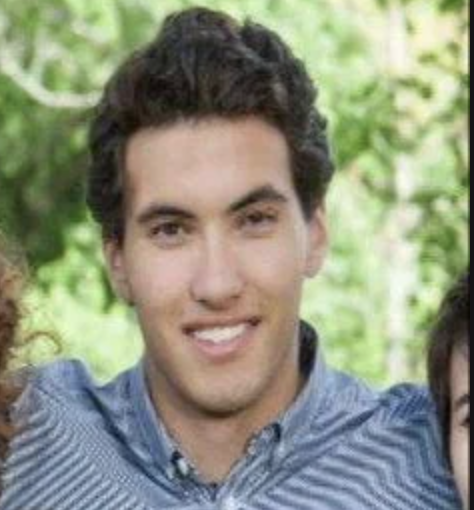The Ontario Court of Appeal has ordered a new trial for Thomas Chan, setting aside the Peterborough man’s manslaughter and aggravated assault convictions in the death of his father, Dr. Andrew Chan, and attack on his father’s partner, Lynn Witteveen.

Chan was convicted of those offences in late December 2018 following a lengthy trial in Superior Court.
Court heard Chan had consumed a large number of magic mushrooms that night and then meditated to enhance the drug’s hallucinatory effects.
His friends testified that Chan became increasingly agitated during the night, at one point calling people “devils.” In the early morning hours of Dec. 28, 2015, Chan ran to his father’s Haggis Drive home, breaking into the residence and attacking his father with a kitchen knife.
During the trial, video recordings of the attack, taken from cameras Chan’s father had installed around the house, were shown in court. Chan can be heard screaming and yelling, “I am God,” while his father pleads for his son to stop the attack, telling him, “Thomas, It’s Daddy. It’s Daddy.”
After killing his father in the kitchen, Chan then went to the master bedroom and stabbed Witteveen multiple times. She survived the assault but told court her injuries have altered her life. Witteveen recently settled a civil suit against Chan and his mother. The details of that settlement have not been made public.
- Tumbler Ridge school shooting victim set to hopefully return home soon from Vancouver hospital
- Anti-feminist ideology ‘increasingly relevant’ to national security: CSIS
- Shooting at Rhode Island ice rink kills 2 during youth hockey game: police
- Austria files terrorism charges in plot to attack Taylor Swift show
Chan’s lawyers argued that their client was in a deep psychotic state and that the effects of the magic mushrooms were enhanced by an underlying mental health condition, which was the result of several concussions Chan received while playing rugby in high school.

Get breaking National news
Lawyers Dave McFadden and Joleen Hiland pushed to have their client declared not criminally responsible for the assault, arguing Chan was unable to appreciate the consequences of his actions or control what he was doing. The pair were also seeking to use a non-mental automatism defence.
A non-mental automatism defence can be applied when a person of sound mind is unable to control his or her actions due to the voluntary consumption of a substance. Canadian law doesn’t allow it to be used as a defence if the offence contains an element of assault.
McFadden and Hiland tried to argue that that law was unconstitutional and that Chan had the right to that defence, but trial judge Cary Boswell disagreed and tossed the argument out of court.
As he read his verdict aloud, Boswell agreed that Chan was intoxicated and out of control but argued that the young man must be held responsible for his actions because it was Chan’s decision to take the magic mushrooms and his decision to meditate in order to heighten the effects of the psilocybin.
The Ontario Court of Appeal has agreed with some of McFadden and Hiland’s arguments that Chan should have been allowed to use the non-mental disorder automatism defence.
But the Appeal Court stopped short of granting a request for a full acquittal, ordering a new trial instead.
Chan has been out on bail since his trial ended, pending the Appeal Court’s decision.
A look back at Chan’s case and trial:













Comments
Comments closed.
Due to the sensitive and/or legal subject matter of some of the content on globalnews.ca, we reserve the ability to disable comments from time to time.
Please see our Commenting Policy for more.